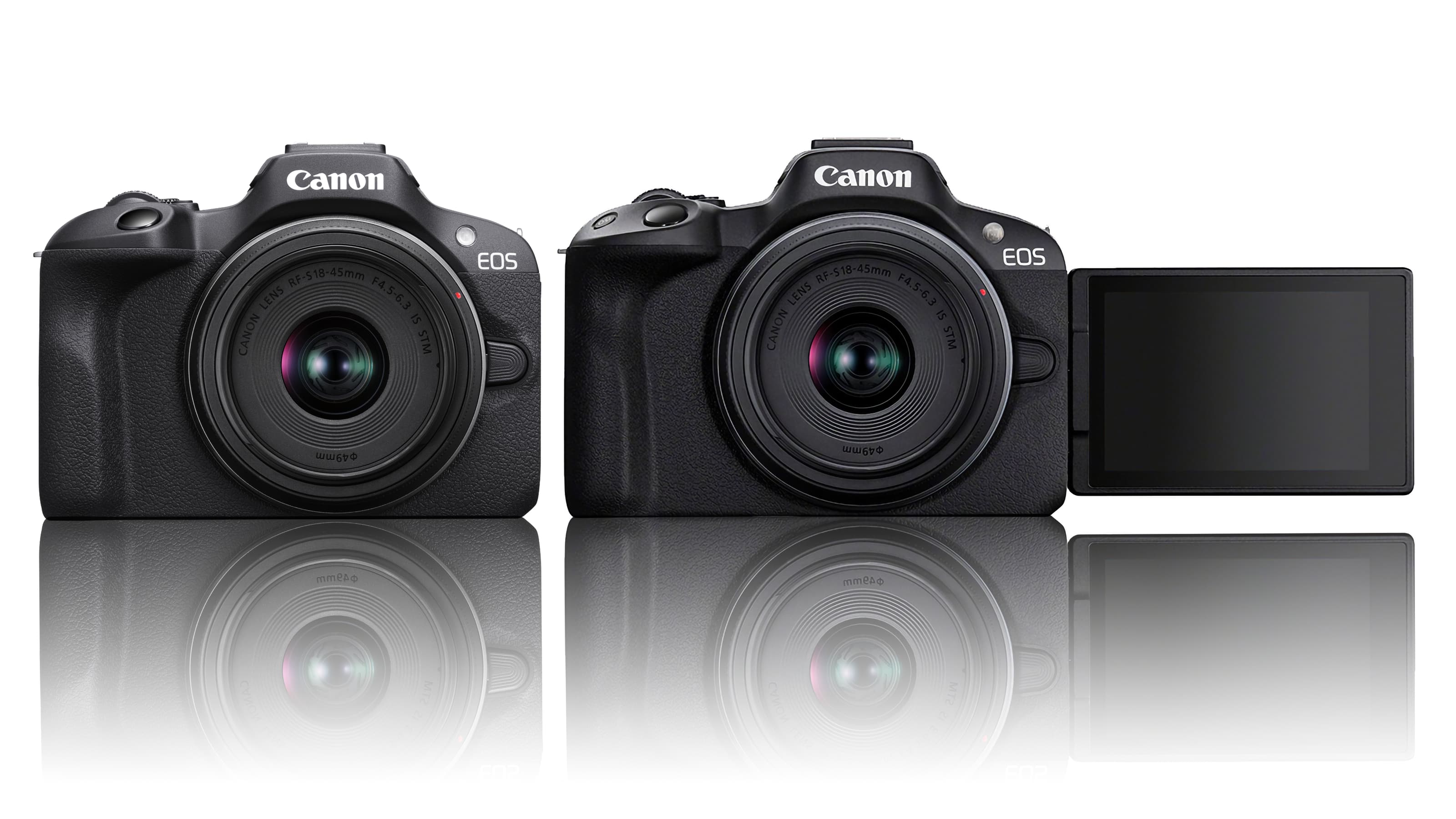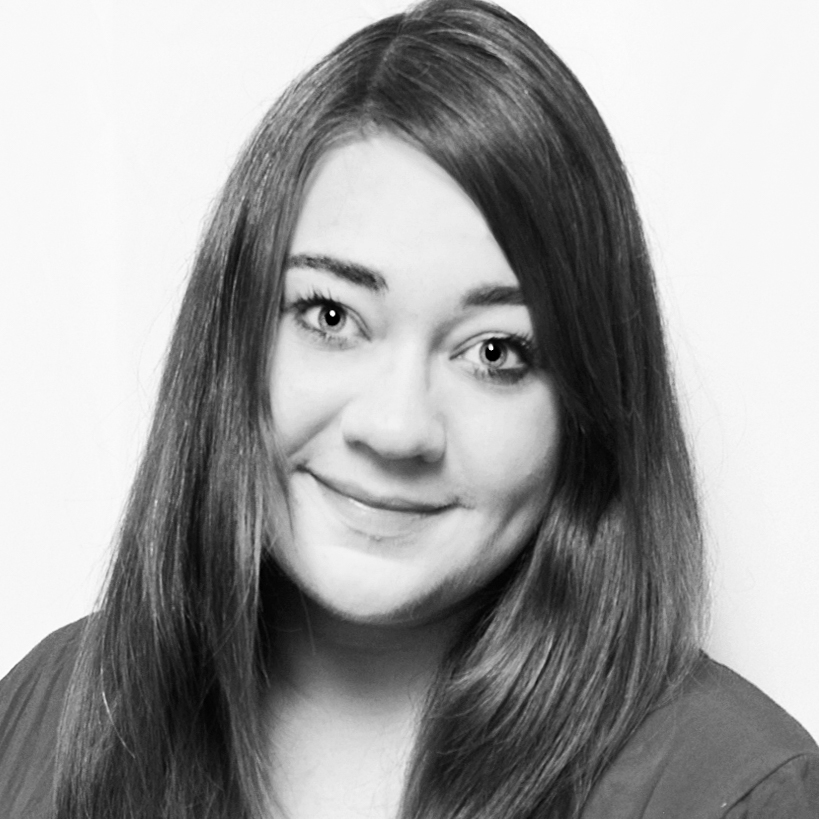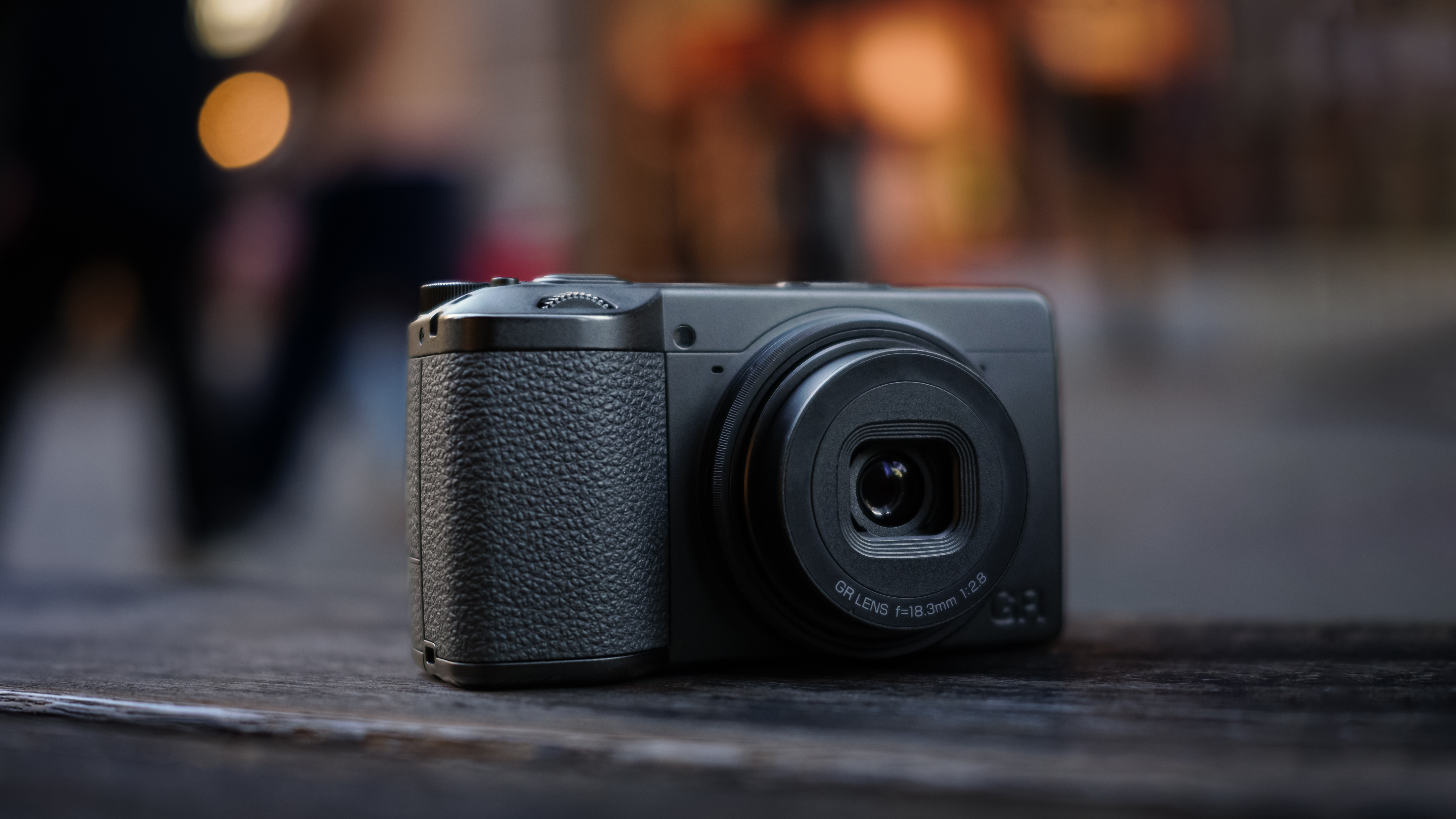The Canon EOS R50 is the best beginner camera, says ChatGPT… I don't think so!
Finding an affordable, simple and quality beginner camera is tough. I asked AI what it thinks – and here's why I wouldn't follow its advice

The best camera deals, reviews, product advice, and unmissable photography news, direct to your inbox!
You are now subscribed
Your newsletter sign-up was successful
Are you trying to figure out the best beginner camera to start your photography journey? It's easy to feel overwhelmed when you look at all the entry-level cameras out there – so many options, so many features and so many opinions. You might have even thought about asking ChatGPT for advice, since it seems like the go-to for quick, detailed answers these days.
As a professional photographer, I was curious to see what ChatGPT would recommend when asked about the best beginner camera. And I know some find it controversial to ask ChatGPT for a recommendation – it's based on data, not personal experience. But more and more people use it to get detailed, straightforward answers, and I was curious what kind of advice a beginner would get.
When I asked about the best overall beginner camera, ChatGPT suggested the Canon EOS R50: "Why it's great: Compact, easy to use, great image quality, and Canon's beginner-friendly interface."
Yeah, I get that – but I don't think it's the best choice for a true beginner within the Canon lineup.
I believe there's a better camera to start with: the Canon EOS R100. Of course, there are beginner-friendly cameras from other brands as well, like the Olympus OM-D E-M10 Mark IV, Nikon Z fc, Ricoh GR IIIx, or the Sony ZV-E10. But if you're set on Canon, the R100 is simple, affordable and – most importantly – it's built for creatives who are just starting out. Released in 2023, it's one of Canon's most approachable and affordable mirrorless cameras and delivers great image quality with its 24.1MP APS-C sensor.
The controls are intuitive, and the menu system actually helps you understand what the camera is doing. It explains different shooting modes in plain language, which is exactly what you want when you're learning. And despite being aimed at first-timers, it still offers strong performance. The sensor is capable of producing beautiful still images and the AF (autofocus), while basic compared to higher-end models, is reliable for everyday situations.
Now, no camera is perfect, and the R100 does have its limitations – especially when it comes to video. Its screen is fixed and doesn't support touch input. When you shoot in 4K there's a noticeable crop, and it switches from Canon's smooth Dual Pixel AF to a clunkier contrast AF system. There's also no microphone input. So, if you want to explore video or vlogging, don't get the R100! But for photography, this mirrorless camera has everything you need.
The best camera deals, reviews, product advice, and unmissable photography news, direct to your inbox!
So, let's go back to why ChatGPT recommended the R50 instead. The R50 is definitely more versatile. It has a flip-out touchscreen, better AF for video, and features like an electronic viewfinder eye sensor. It's also a bit more powerful overall. But those features come at a higher price, and they aren't essential when you're just getting started.
One of the criticisms ChatGPT had was that the R100 feels more like a point-and-shoot with interchangeable lenses than a "real" mirrorless camera. Honestly, I think that's nothing bad. When you're starting out, you don't need a pro-level system with endless controls and complex settings. You need something approachable. Something that teaches you photography in a hands-on, stress-free way. The R100 does exactly that.
If you know that video is going to be a big part of your creative work, then yes – the R50 might be the better fit. But if you want a camera that helps you become a confident photographer first, the R100 is in my opinion the smarter choice.
You might like...
If you want to dive deeper, you might want to read our comparison of the Canon EOS R100 vs R50. Also, check our guide to the best Canon cameras.

Kim is a photographer, editor and writer with work published internationally. She holds a Master's degree in Photography and Media and was formerly Technique Editor at Digital Photographer, focusing on the art and science of photography. Blending technical expertise with visual insight, Kim explores photography's time-honored yet ever-evolving role in culture. Through her features, tutorials, and gear reviews, she aims to encourage readers to explore the medium more deeply and embrace its full creative potential.
You must confirm your public display name before commenting
Please logout and then login again, you will then be prompted to enter your display name.

